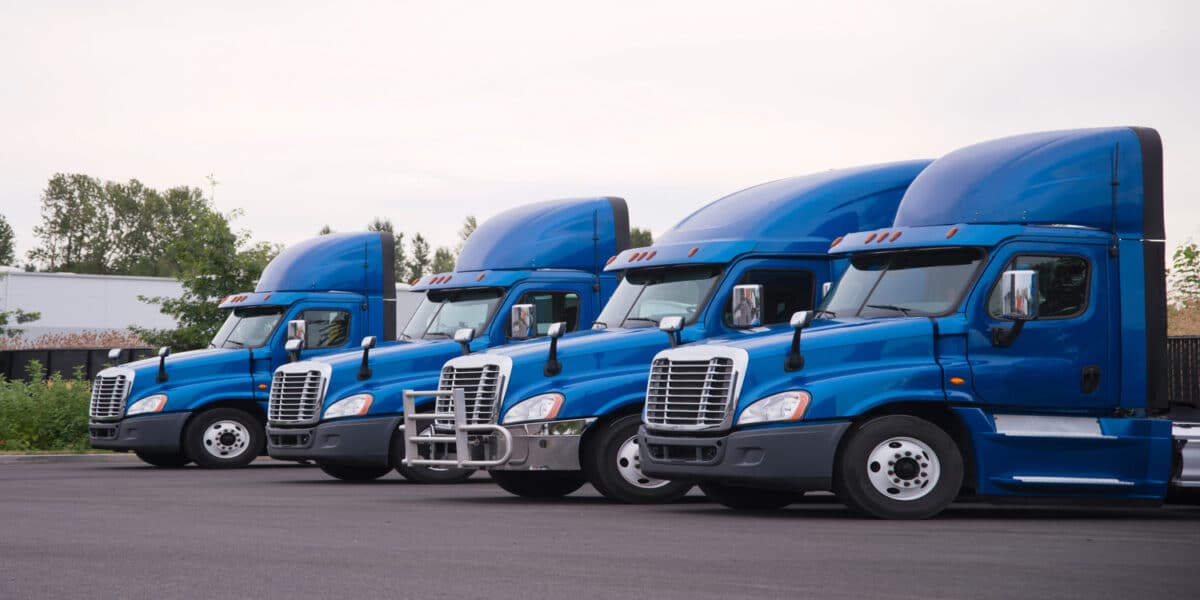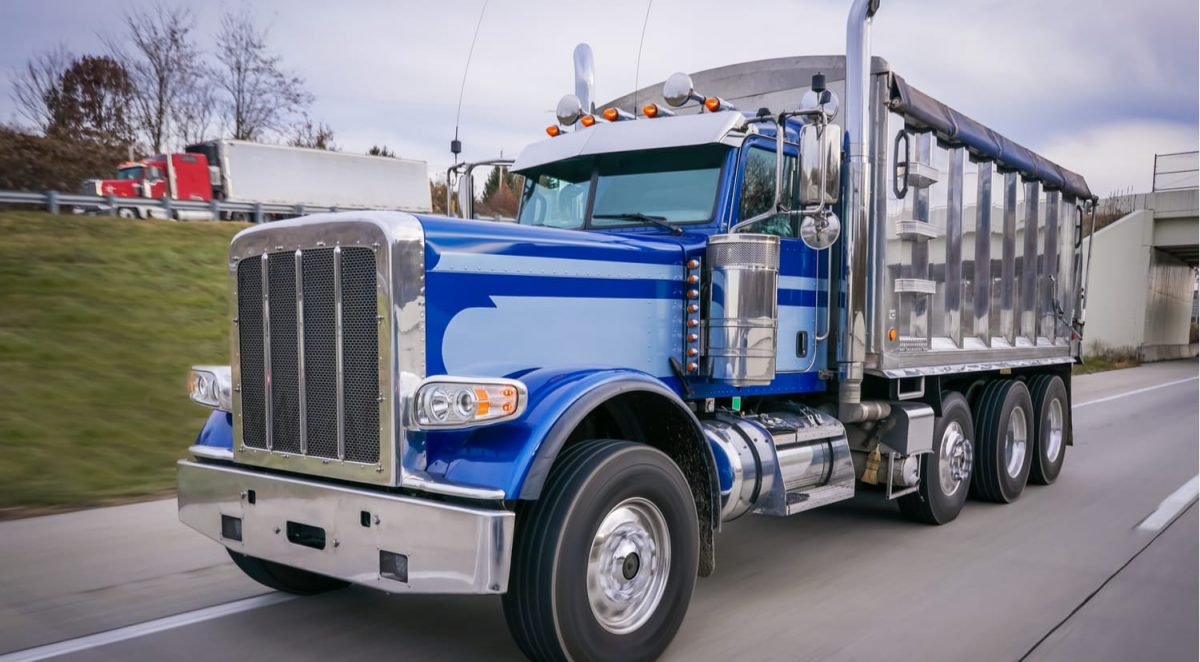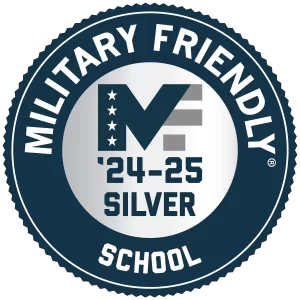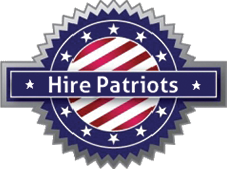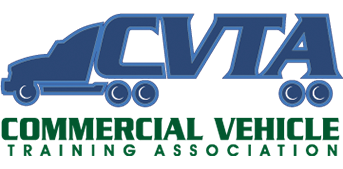The trucking industry is constantly evolving, and 2024 promises to be an exciting year filled with significant developments. In this blog, we’ll explore the latest trends in the trucking industry that are shaping the way goods are transported across the country. From technological advancements to environmental initiatives and regulatory changes, here are the key trends to watch out for in the trucking industry in 2024.
Technological Advancements
Technology is revolutionizing the trucking industry, making it more efficient and safer than ever before.
In 2024, we can expect to see further advancements in:
- Autonomous Trucks: Self-driving trucks are becoming a reality. While fully autonomous trucks may still be a few years away, 2024 will see significant progress in this area. These trucks have the potential to reduce accidents and increase efficiency.
- Telematics and IoT: The use of telematics and the Internet of Things (IoT) devices in trucks will continue to grow. These technologies help monitor vehicle performance, driver behavior, and cargo conditions in real-time, leading to better decision-making and cost savings.
- Electric Trucks: Electric trucks are gaining popularity due to their environmental benefits. In 2024, we can expect more electric trucks on the road as manufacturers invest in cleaner transportation options.
Environmental Initiatives
As sustainability becomes increasingly important, the trucking industry is also taking steps to reduce its environmental impact.
Here are some environmental trends to look for in 2024:
- Alternative Fuels: Beyond electric trucks, alternative fuels like hydrogen and natural gas are on the rise. These fuels produce fewer emissions, making them a greener choice for long-haul transportation.
- Emission Reduction: Stricter emissions regulations are coming into effect, pushing truck manufacturers to develop cleaner engines. This will lead to a significant reduction in greenhouse gas emissions from the industry.
- Carbon Offsetting: Many trucking companies are adopting carbon offsetting programs to neutralize their carbon footprint. This trend will continue to gain momentum in 2024.
Regulatory Changes
The trucking industry is subject to various regulations.
2024 will bring about important changes that will impact truck drivers and companies, such as:
- Hours of Service (HOS) Regulations: The HOS regulations are being reviewed to provide more flexibility to truck drivers while maintaining safety standards. This will improve the work-life balance for drivers.
- Electronic Logging Devices (ELDs): ELDs have become mandatory, replacing paper logbooks. Compliance with ELDs will continue to be enforced, ensuring accurate tracking of driving hours.
- Safety Standards: Stricter safety standards, including mandatory safety technology like collision avoidance systems, will be implemented to reduce accidents and protect truck drivers.
The Bottom Line
The trucking industry is at the forefront of technological advancements, environmental initiatives, and regulatory changes in 2024. As the industry continues to evolve, it’s an exciting time for those considering a career in trucking and for trucking companies looking to embrace innovation and sustainability in their operations. Stay tuned for these trends and be part of the future of the trucking industry.
Begin Your Journey with HDS Truck Driving Institute
In a rapidly changing trucking industry, staying ahead requires the best training. HDS Truck Driving Institute prepares you for success in a world of technological advancements, environmental initiatives, and regulatory changes. Get ready for the future of trucking – earn your CDL at HDS today!





